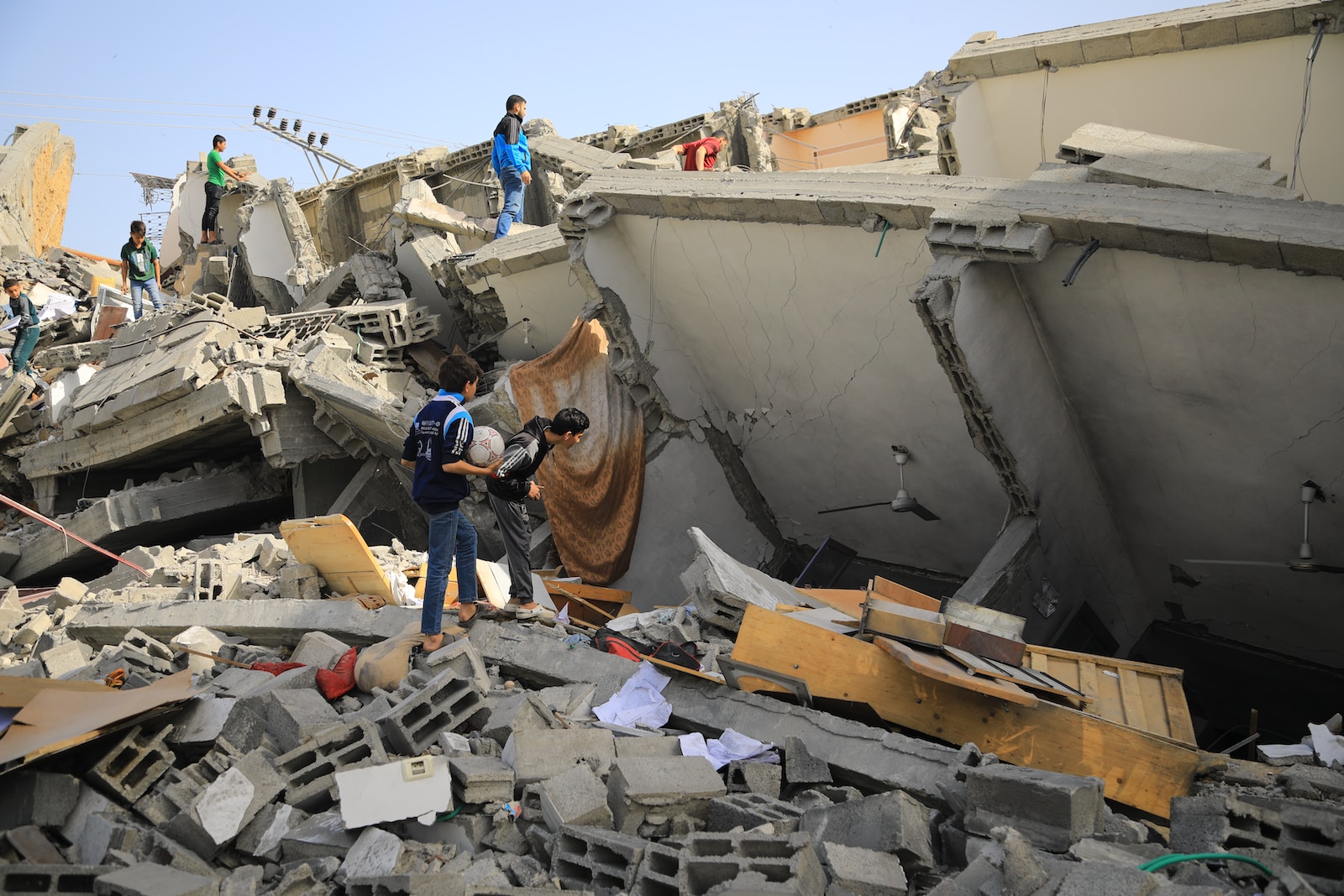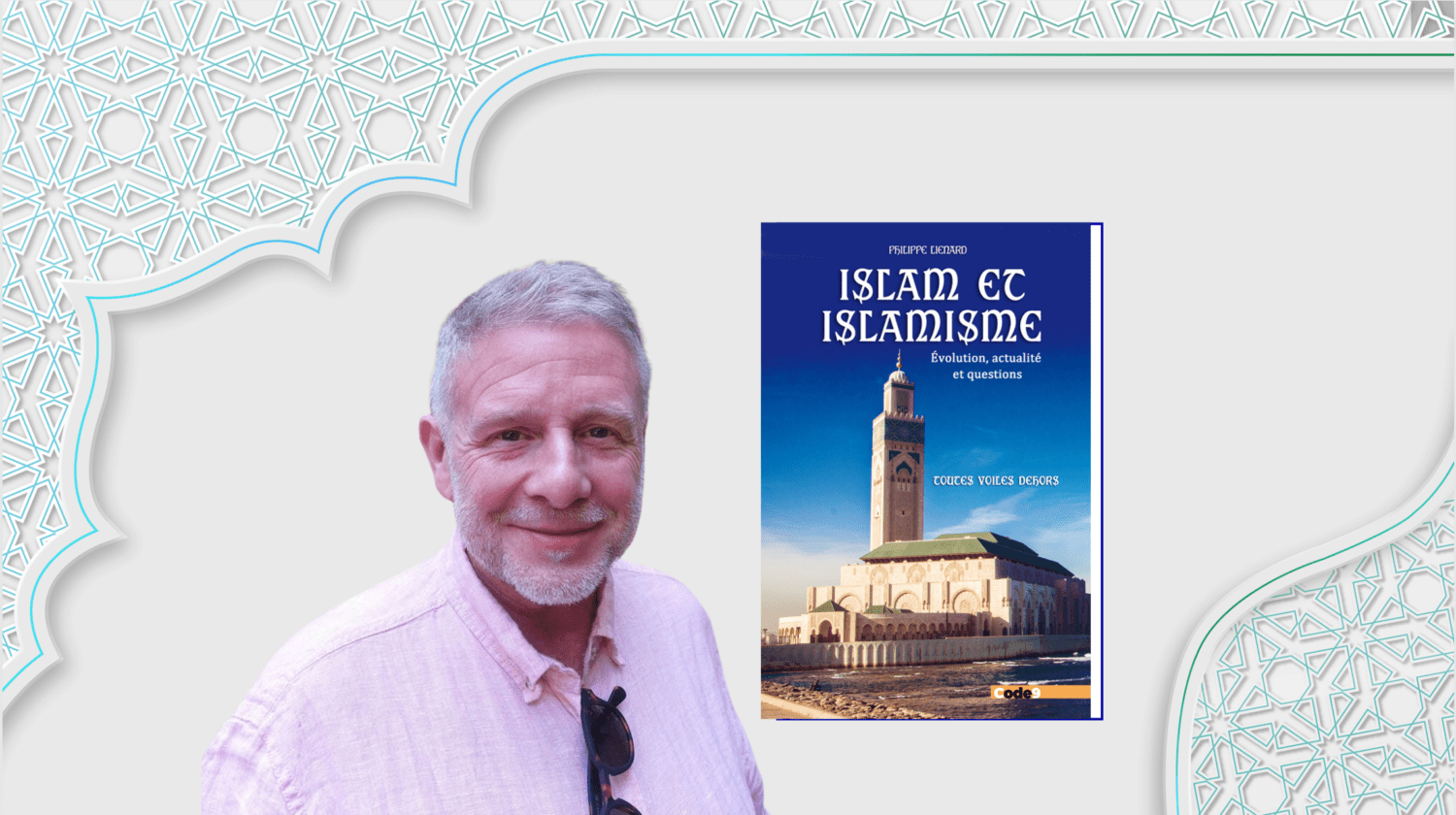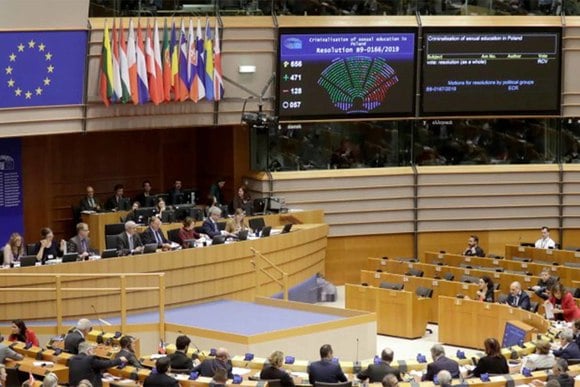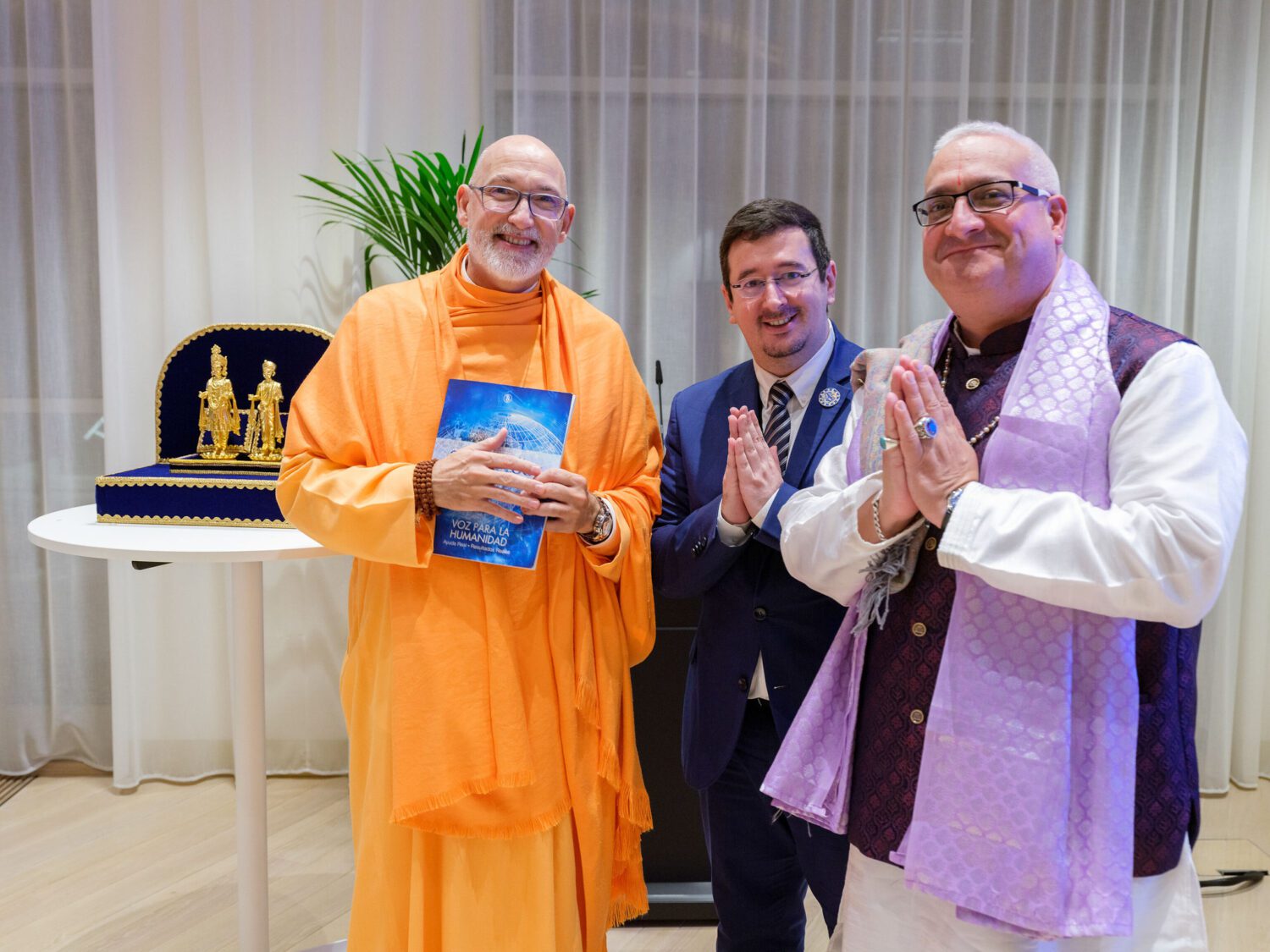They issued a statement expressing shock over the death of Armita Geravand, the teenager who collapsed in the subway in Iran’s capital, Tehran, earlier this month, allegedly following an altercation about failing to wear a headdress or hijab.
Ms. Geravand died on Saturday, according to international reports which cited State media. The experts called for an independent, prompt and impartial investigation into her death, noting that the Government maintains that she suffered brain damage from her fall.
“Women and girls should not be punished for wearing or not wearing any specific piece of clothing and should certainly not be at risk of losing their lives for doing so,” they said.
Parallels with Mahsa Amini
Their statement reiterated concerns previously expressed to authorities in Tehran about the imposition of a dress code on women and girls, and the use of excessive and unlawful force against those who do not comply.
This followed the redeployment of Iran’s so-called “morality police” since the end of July, after the introduction of the Chastity and Hijab Law, which several UN experts are concerned is incompatible with the principles of gender equality and other fundamental freedoms.
“We are dismayed at the parallels between the circumstances of Jina Mahsa Amini’s death and more recent deaths,” the experts added.
Ms. Amini, 22, was arrested in Tehran in September 2022 for her alleged failure to comply with the already strict hijab law and later died while in custody.
Failure to investigate
The experts also expressed grave concern and disappointment at the failure of the authorities to conduct independent investigations into the deaths of women and girls during the nationwide protests sparked by her death.
“We are aware of reprisals against other women, including celebrities, for refusing to comply with the mandatory dress code,” they said.
“Even before the law was passed, there were increasing reports of women facing legal action for violating the dress code. Some have lost their jobs or been sentenced to jail, while others have been ordered to perform forced labour.”
Abolish dress codes
The experts urged the Iranian authorities to amend the Constitution; repeal existing gender discriminatory laws, including regulations imposing compulsory dress codes, and abolish all regulations and procedures whereby women’s dress or behaviour in public or private are monitored or controlled by State authorities.
“We remain concerned and alarmed by the ongoing policies and practices in Iran which amount to total impunity for acts of gender persecution against women and girls and urge the Government to put an end to them,” they said.
About UN experts
The experts who issued the statement were Javaid Rehman, Special Rapporteur on the situation of human rights in Iran; Morris Tidball-Binz, Special Rapporteur on extrajudicial, summary or arbitrary executions; Reem Alsalem, Special Rapporteur on violence against women and girls, and the members of the Working Group on discrimination against women and girls.
They receive their mandates from the UN Human Rights Council and are not UN staff and do not receive payment for their work.














